Industrial waste is an inevitable by-product of our economy, created by a range of businesses including factories and manufacturing companies. Though some industrial waste is hazardous, much of it comprises common waste materials like cardboard and plastic. Effective industrial waste management is essential for businesses looking to avoid hefty fines and reputational damage. But what does that involve, exactly, and how should your business get started?
Great Western Recycling is helping businesses all over the UK find better ways to deal with their waste. We’re dedicated to providing convenient waste management solutions as economical as they are eco-friendly.
In this article, we explain everything you need to know about industrial waste management.
What is Industrial Waste?
Industrial waste is any unwanted solid, liquid, or gaseous material or by-product generated by industrial processes like manufacturing. As a result, the term can be used to refer to a broad range of different waste streams, including everything from scrap metals to chemicals to cafeteria rubbish. A large proportion of industrial waste is classed as hazardous, and needs to be carefully controlled by a specialist waste carrier to limit the impact it may have on local communities and ecosystems.
Everything You Need to Know About Hazardous Waste >
What is Industrial Waste Management?
Industrial waste management is a strategy for conveying industrial, factory, and manufacturing business waste from its point of creation to its place of effective disposal or reprocessing. It involves auditing the organisation in question to identify ways to reduce waste where possible, in accordance with the waste hierarchy. Above all, it is about doing everything possible to deal with the unavoidable waste products of industry safely, without harming the local environment or community.
Why is Waste Management Important for Business in the UK? >
Types of Industrial Waste
As we have discussed, industrial waste can cover a wide range of different materials. Some of the most common types of industrial waste include:
- Recyclable Waste – e.g., packaging, paper, cardboard.
- Hazardous, Toxic, or Chemical Waste – e.g., solvents, batteries.
- Food Waste – e.g., waste from the staff cafeteria or canteen.
- General Waste – anything that cannot be recycled but is non-hazardous.
Understanding the Different Types of Waste >
Why is Industrial Waste Management Important?
All businesses, no matter the sector, have a legal obligation to manage their waste in the most effective and sustainable way possible. This is known as a ‘duty of care’. For those producing industrial or hazardous waste, the regulations get even stricter, with a requirement for businesses to ensure their waste causes no harm to the environment. If not observed, there can be serious legal consequences and costly fines.
Beyond the law, improper industrial waste management can cause significant damage to your brand’s public image. The negative media attention associated with either consistent poor management or an unfortunate accident should be avoided at all costs. Not only can this cost your business customers, but it also may turn current and potential investors away.
Duty of Care, Waste Transfer Notes, and Waste Definitions >
How to Improve Industrial Waste Management
Appoint Team
Better waste management requires a dedicated team to manage all aspects of the process, particularly when the stakes are so high.
Audit Processes
Take some time to look over your processes and pinpoint key sources of waste generation in your manufacturing cycle. Once you know where key contributions to your waste output are coming from, you can implement strategies to reduce them.
Everything You Need to Know About Waste Management Audits >
Rethink Packaging
Packaging can be a sizable waste stream for manufacturing businesses, so consider redesigning yours. Reduce the volume you use and opt for recyclable materials like cardboard where possible.
Green Chemistry
If you are using toxic substances and chemicals in your processes, it might be worth investigating whether any greener substitutions could be made. This will help you limit the amount of hazardous waste you are producing.
Buy in Bulk
Another tip is to buy from your supplier in bulk if you aren’t already. Not only is this more economical, but it will reduce packaging waste.
Manage Inventory Better
Overhaul your storage processes and make sure any substances, chemicals, or materials you are using are being kept securely and protected from damage. This will reduce the amount you have to dispose of pre-manufacturing.
Locate Specialists
Whether it’s plastic and cardboard packaging waste or a range of hazardous materials, locating a specialist waste carrier capable of disposing of it safely and sustainably is an essential step.
How to Choose a Waste Management & Disposal Company >
Hazardous & Industrial Waste Removal & Disposal UK
Great Western Recycling has helped industrial businesses all over the UK find better ways to manage their waste. If you’re looking to overhaul your processes, our friendly team are here to help. For a FREE initial quote tailored to your organisation, get in touch with us today!
See more: How to Reduce Business Waste
